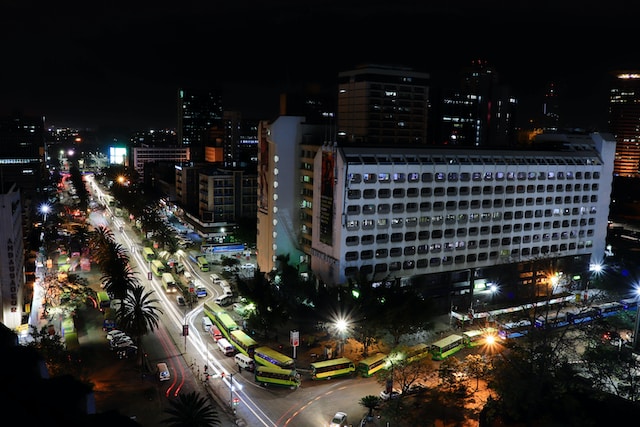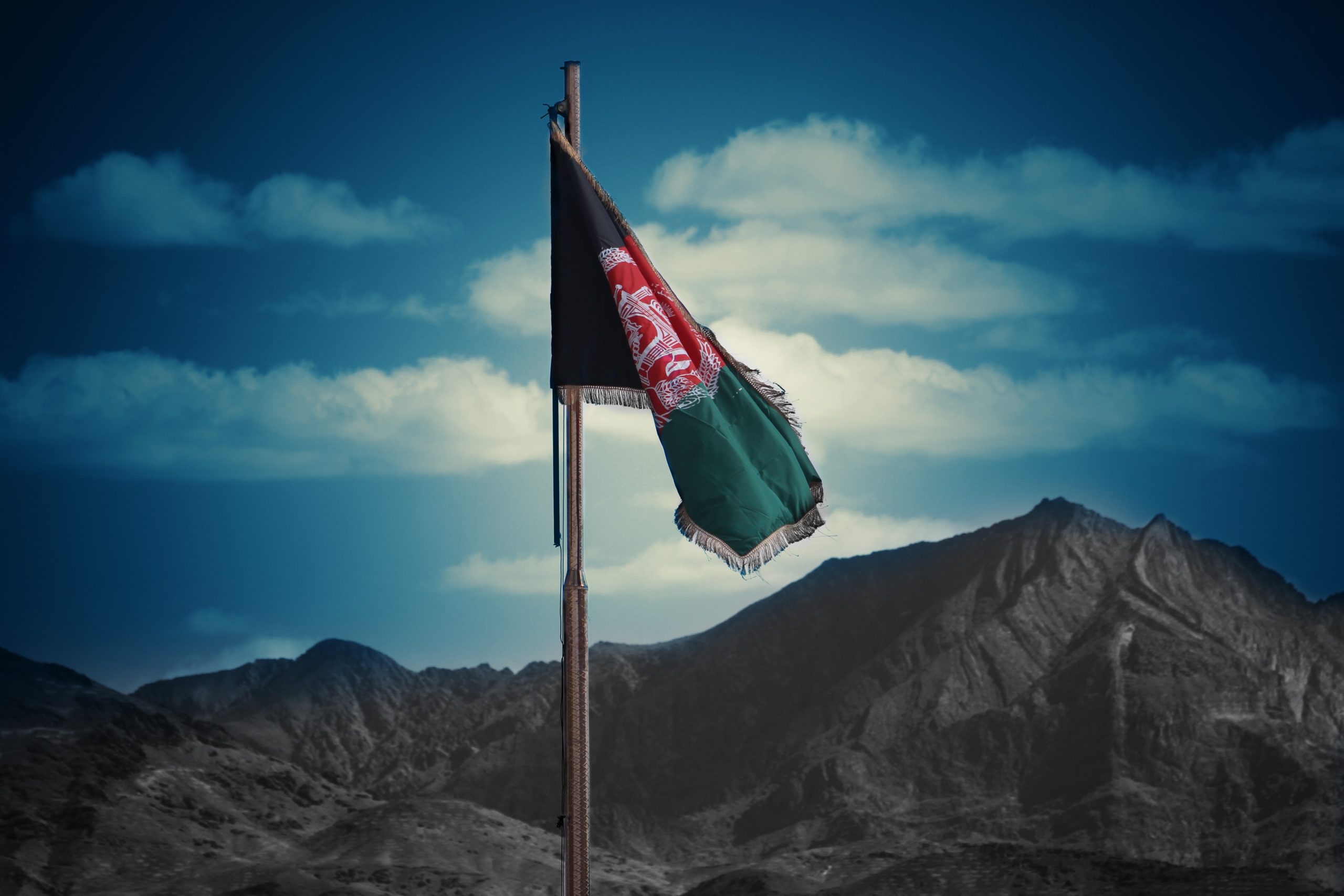The Financial System of Sudan is incomplete without the Central Bank of Sudan (CBOS), which guarantees the economic stability, regulation of monetary organizations and management of monetary policy inside the country. Established in 1960, it influences Sudan’s economy particularly by controlling inflation and guaranteeing cash stability and advancing sustainable economic development. Also, the bank manages business banks and other monetary organizations to guarantee consistence with important regulations and guidelines.

Key functions of the central bank
The Central Bank of Sudan gives monetary policy promulgation and regulation within the country. As a component of economic stability, it regulates the exchange value of the pound against others to adjust balances between imports and exports in cases of inflation and encourage trade. The bank acts as the government’s banker and therefore keeps records of public debt on behalf of the government and also transacts on government behalf and offers advice on finances.
On top of that, CBOS, as the country’s best competent authority, regulates and supervises foreign exchange bureaus, commercial banks, microfinance institutions, and all other financial institutions. So, stringent regulation will ensure an efficient and transparent operation of financial institutions, thus protecting public confidence in the whole system.
CBOS and financial institutions
The central bank’s activities mostly correlate with those of banks and other financial institutions. Such banks set interest rates; monitor liquidity; and impose the required reserve to ensure that the national economic objectives are achieved. For commercial banks to keep their operating licenses and stay out of trouble, they must abide with CBOS laws. Along with fighting money laundering, the bank is essential in making sure financial firms follow anti-corruption regulations.
In its capacity as a regulator, CBOS promotes the expansion of financial services nationwide. By supporting Islamic banking and other activities, the bank has contributed to the customization of financial services for Sudan’s mostly Islamic populace, increasing accessibility and financial inclusion.
CBOS and businesses
Business, particularly those engaged in international commerce and finance, is greatly impacted by the Central Bank of Sudan. Companies that are involved in import and export must cooperate with CBOS in order to get foreign exchange licenses and adhere to foreign exchange rules. The cost of importing products and Sudanese exports’ competitiveness are directly impacted by the bank’s currency exchange rate policy.
Moreover, companies must have CBOS licenses and permission before they may establish financial institutions or start lending or microfinance operations. The bank also mediates conflicts between financial institutions and their customers, guaranteeing a fair outcome based on rules that have been set.
Because the bank sets the monetary policies that affect interest rates, businesses also go to CBOS when they are looking for loan facilities. In order to assure compliance with public sector laws, companies wishing to participate in government projects could also need financial instruments provided by CBOS.
Challenges and opportunities
The issues facing CBOS, like many other central banks in emerging nations, include maintaining currency stability, controlling inflation, and building public confidence in the face of political and economic unrest. The bank also has restricted access to global financial markets as a result of sanctions and geopolitical issues, which makes it more difficult for it to efficiently handle foreign reserves. CBOS has, nonetheless, seized a number of chances to update its business practices. Promoting mobile payment systems and digital banking are recent efforts that seek to improve financial inclusion in rural regions. Hope for economic stability and expansion is also raised by initiatives to strengthen monetary policy and enhance regulatory frameworks.
Conclusion
A key organization that is essential to the nation’s economic development and financial stability is the Central Bank of Sudan. Through its implementation of efficient monetary policies, support for enterprises, and regulation of financial institutions, CBOS is essential to the seamless operation of Sudan’s economy. Businesses, especially those in the trade and financial industries, deal with the bank on a number of levels, whether it is for credit facilitation, foreign currency licenses, or compliance with financial rules. The Central Bank is still a vital component in promoting resilience and economic development as Sudan works through its economic difficulties.
You may also find these articles helpful
Corporate Affairs Commission (CAC) of Sierra Leone
Nigerian Export Promotion Council (NEPC)
Ministry of industry, trade and the green and digital economy of Morocco






